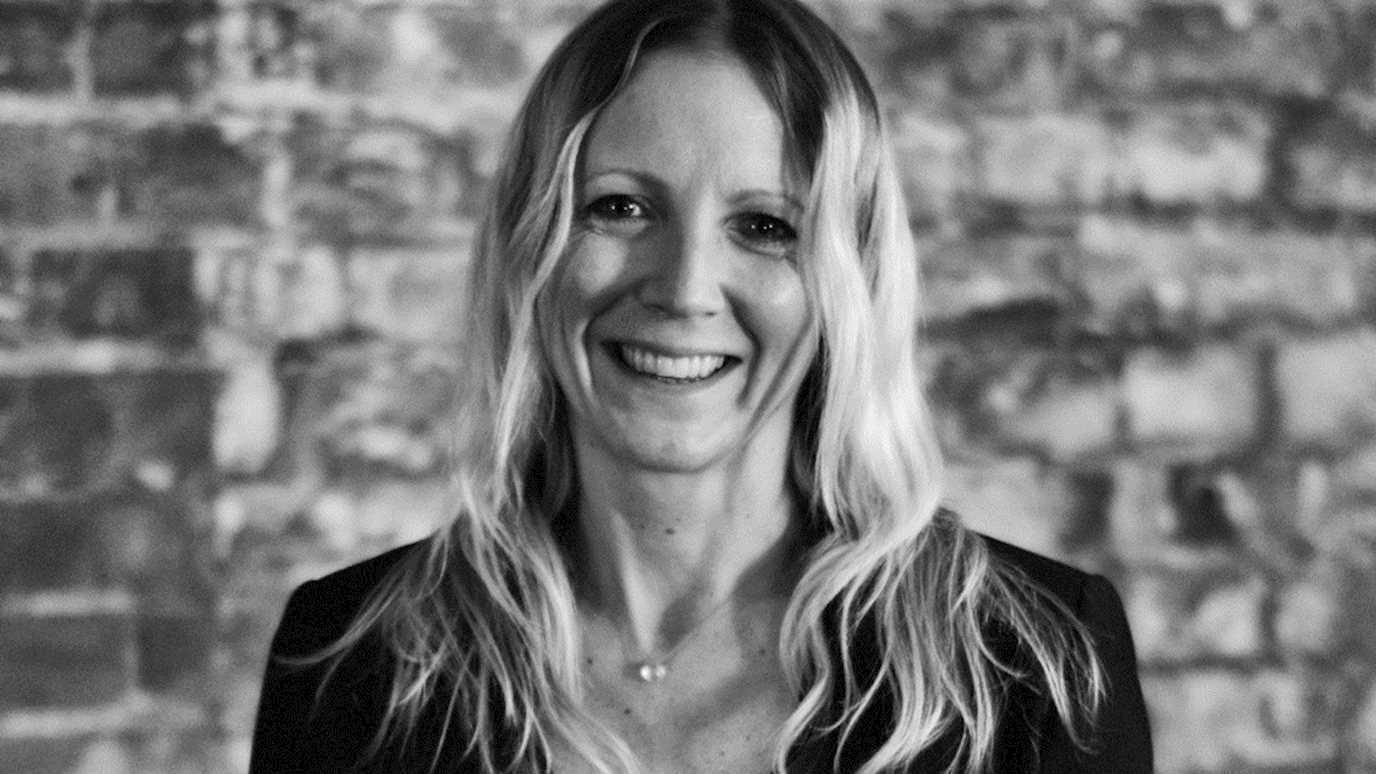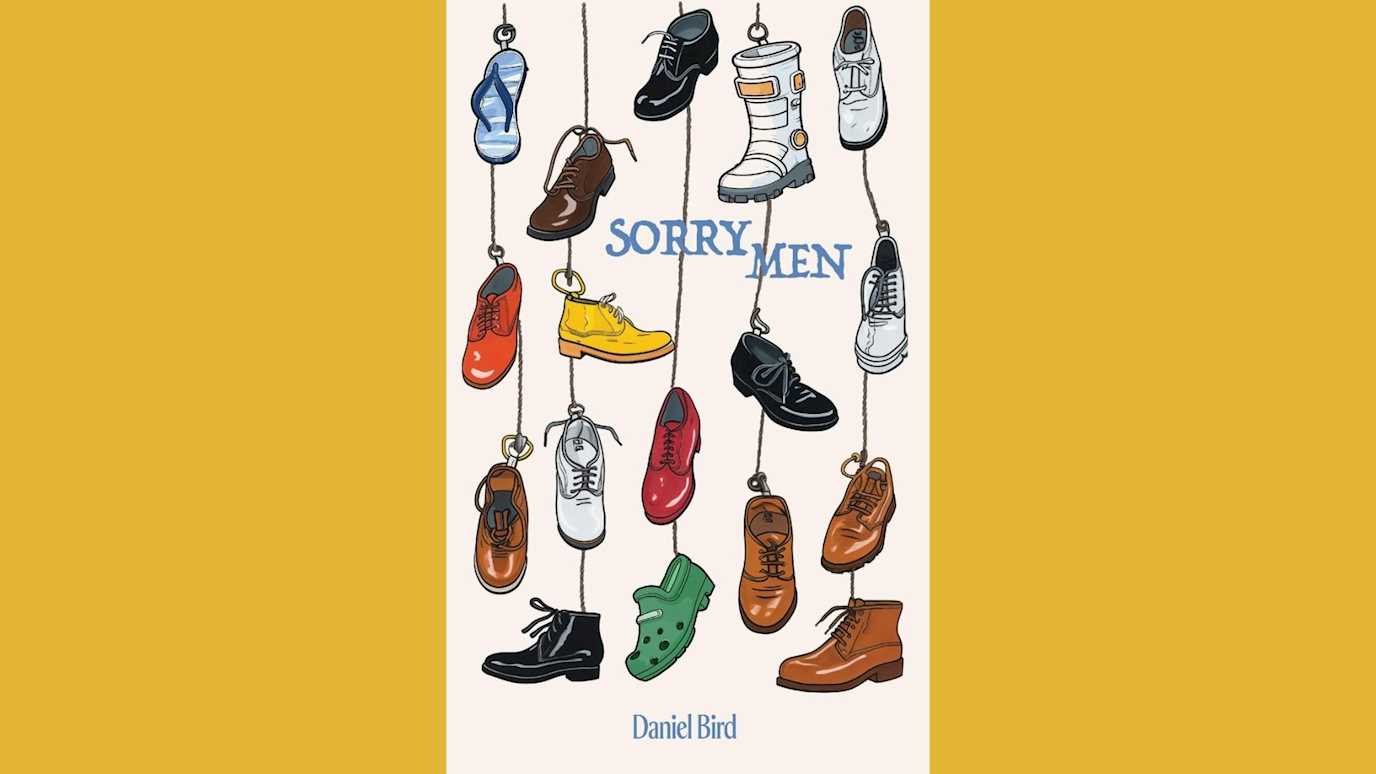Alumna Nicky Morgan (BA English, 2000), co-founder of POINT3 Wellbeing, offers her tips for managing mental health and wellbeing while social distancing or self-isolating.

After 15 years working in PR, creating brand experiences for the likes of Nike, Volvo and Lucozade, Nicky saw the pace of business – and stress levels – rise at a rapid rate. She realised it was mission critical for businesses to support the wellbeing of their employees so, along with two co-founders, she turned her passion into purpose to provide a range of wellbeing solutions and created POINT3 Wellbeing in 2018.
POINT3 Wellbeing works with people and business to embed wellbeing into the workplace culture through experiences that motivate, educate and energise through conferences, meetings and events, corporate programmes, mindfulness, workouts and more.
The past few weeks have seen extraordinary change to the way we work and socialise on a global scale.
“At this unprecedented time of our lives, it is not unusual to feel worried, stressed and/or anxious,” Nicky says. “It is a very normal response to the uncertainty of how the coronavirus (COVID-19) could affect your life, including being asked to work from home and avoid other people. While there are many things that are out of our control, what we can control is how we respond.
“We are continuing to do all we can to fulfil our mission of helping people to ‘stress less and smile more.’ We are inviting people to join us on a free 20 minute Mindful Monday session starting on Monday 30 March - please see this link for further information and to sign-up (small print - 100 places available, first come first served!). We have also created a set of wellbeing webinars to help bring teams together virtually on topics such as resilience, team connection and ways to prevent and manage stress. To find out more information please contact us at be_well@point3wellbeing.com.”
Check out the POINT3 website for more details on their Mental Health and Wellbeing Training in the workplace.
Nicky takes us through her other simple steps that we can take to manage our wellbeing and mental health while social distancing or self-isolating.

1. Expose yourself to fresh air and sunlight first thing
If you are well enough and not experiencing any symptoms get outside as early as possible in the day. Go for a brisk walk (if it is your only form of exercise that day), get out into the garden or open the window. This helps regulate your circadian rhythm which not only helps with sleep, but with many other of the body’s systems, and the mental and physical health benefits of getting sunlight are well reported.
2. Move regularly
Movement is one of our foundational principles at POINT3. And there’s much you can do without going to the gym or outside. We have a whole host of videos to help you with short 8 minute workouts designed to do at home without the need for any equipment. Little and often is a good strategy when it comes to being active throughout the day at home.

3. Try mindfulness
Another of our foundational principles. And there’s extensive research to back up the effectiveness of mindfulness for managing stress. We are big fans of 10 Percent Happier who have created a Coronavirus Sanity Guide with useful resources. We also have a few guided mindfulness experiences you can access here. If you don’t like the idea of formal mindfulness, then there are other ways to be mindful – anything that involves being totally focused on the task at hand – cooking, doing a jigsaw, colouring.
4. Have a plan for your day
Obvious stuff, but it’s far too easy and frustrating for a day to disappear without achieving anything, if you haven’t planned in advance.If you have more time on your hands then this is an opportunity to read that book that you’ve long wanted to read, or even start writing that book you’ve long wanted to write. Variety is key. As is having a routine. Our friends at Soulhub have shared a great resource of books, movies, podcasts, online classes and online theatre to delve into during quiet times.
5. Set your timer and break often
The most productive people work in sub 60 minute blocks then get up and move, change their scene or what they’re working on. Use this as a trigger to move a little, put the kettle on and/or change tasks.
6. Consider limiting the amount of time spent following the news
Yes, it’s important to stay informed, but have a good understanding of how much is enough for you. It’s all too easy to get drawn into following all the updates minute by minute. In a similar vein, consider limiting how much social media you consume at times like this.

7. Stay connected
Whilst it’s important to have a good relationship with our technology, it’s also enabling us to stay connected remotely. Consider setting up a regular time each day to connect with your team, friends and family. Community matters more than ever at times like this. Neighbourhood WhatsApp groups are being set up to keep people connected so they can help others who might need support at this time.
8. Eat and hydrate well
It’s easy to disregard how important what we put in our bodies is for our minds as well… but there’s much research to show how eating and hydrating affects our cognitive functions and emotions too, not to mention keeping us physically healthy and immunity levels high. At POINT3, we’re fans of Clarissa Lenherr Nutrition who shares regular recipes and inspiration.
9. Prioritise sleep
Sleep is something that can easily get disrupted when we’re anxious and worrying. Whilst it can be easier said than done to ‘get a good night’s sleep’ there are steps we can take to ensure we are setting ourselves up for success when it comes to sleeping. So, if interested, read these resources here.
10. Be kind to yourself, and to others
And finally, even more than ever we need to be supporting each other – whether that’s at work, amongst family and friends, and in our local communities. What can you be doing to help others?
If you're doing something to help others in these challenging times, or know alumni that are, we want to hear from you. Get in touch by emailing alumni@royalholloway.ac.uk so that we can celebrate our supportive community.
























